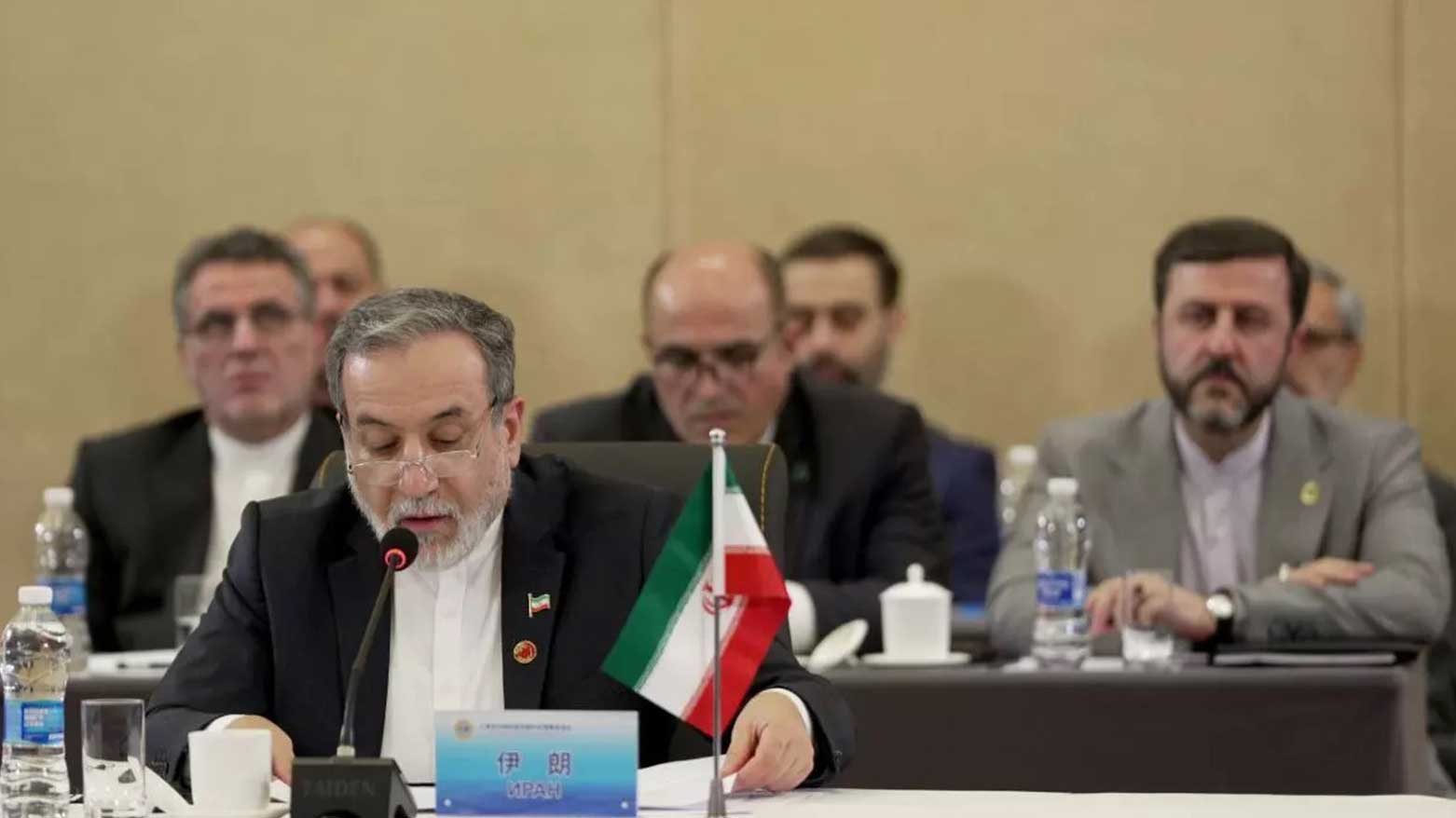Iran Warns Fragile Ceasefire with Israel Could Collapse, Calls for Diplomatic Path on Nuclear Program
While the ceasefire brought a temporary halt to the escalation, Araqchi cautioned that its durability is far from guaranteed. “The ceasefire is, of course, fragile. The reason is obvious—there is no ceasefire made by the Israeli regime that has a solid record,” he said.

ERBIL (Kurdistan24) — Iranian Foreign Minister Abbas Araqchi has warned that the recent ceasefire, which ended 12 days of Israeli aggression against Iran, remains fragile and could unravel at any moment, stressing that Tehran is fully prepared to respond if hostilities resume.
According to Iran’s official news agency IRNA, Araqchi made the remarks during an interview with China’s CGTN while attending the Shanghai Cooperation Organization (S.C.O.) summit in China.
“This is not a conflict—it is an act of aggression by Israel,” Araqchi said, describing last month’s Israeli and U.S. military strikes on Iranian nuclear sites as unprovoked and unjustified. “We had no way but to exercise our right of self-defense. We defended our country courageously and forced the aggressors to stop and ask for an unconditional ceasefire, which we accepted.”
While the ceasefire brought a temporary halt to the escalation, Araqchi cautioned that its durability is far from guaranteed. “The ceasefire is, of course, fragile. The reason is obvious—there is no ceasefire made by the Israeli regime that has a solid record,” he said.
Araqchi underscored that Iran does not seek war but remains ready to retaliate. “We don’t want this war to continue, but again, we are fully prepared if it does. That was not our wish from the beginning.”
Nuclear Talks Hinged on U.S. Intentions
On the topic of restarting nuclear negotiations, Araqchi cast doubt on Washington’s commitment to a peaceful resolution. “We are not convinced yet that there is real determination,” he said. “There should be a serious intention for a win-win solution. Our nuclear program is for peaceful purposes, and we have no problem sharing that confidence with anybody.”
He emphasized that any return to the negotiating table would require a clear departure from military strategies. “Is there any possibility of coming back to a negotiated deal? I think yes. But it needs real serious determination by the U.S. side to put aside the military option and go for diplomacy.”
The foreign minister added that last month’s attacks proved that “there is no military option to deal with Iran’s nuclear program. There should only be a diplomatic solution. We are prepared for that, but only when they put aside their military ambitions and compensate for what they have done to us.”
Support from the S.C.O.
As a full member of the Shanghai Cooperation Organization, Iran expects greater international backing, Araqchi said. He expressed appreciation to the S.C.O. secretariat and member states for condemning the Israeli and U.S. attacks, particularly those targeting Iranian nuclear infrastructure.
“We expect full political support by the S.C.O. summit,” he stated, describing the organization as an alternative platform for countries of the Global South to address security, economic, and cultural issues without Western influence.
Araqchi’s comments come amid heightened tensions in the Middle East and growing international concern over the potential for renewed confrontation involving Iran, Israel, and the United States.